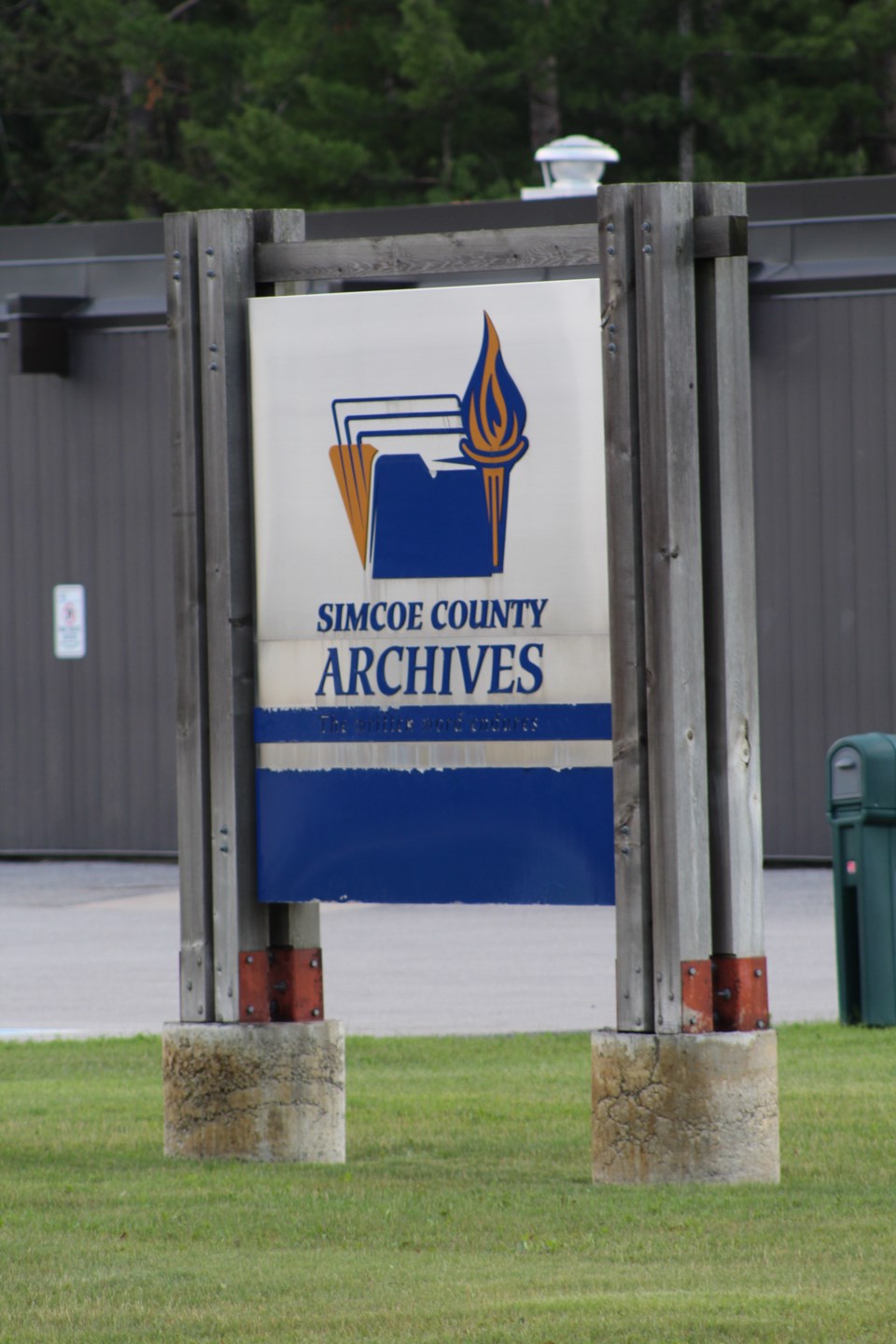Communities across Canada will be receiving support for green innovation and climate-change resiliency programs, the Federation of Canadian Municipalities (FCM) announced this week.
The County of Simcoe is receiving $585,730 for energy-efficiency measures and a rooftop solar project at the Simcoe County Archives on Highway 26 in Midhurst.
Now that the FCM has announced funding approval, the ball is in the county’s court to come up with their 20% of the funding to see the project through.
The county’s contribution to the project is 20% of the total prior value, or $146,433. This request for funding from county council will be included in the 2019-20 Archives budget, therefore county staff cannot comment on the funding until after the project comes before council next year.
The project will include retrofitting its archives building to make it more green.
The county’s archives process and store sensitive documents and artifacts which represent the county’s history. As the risk of fire or explosion would compromise the archived materials, the building’s power, heating and cooling is not generated by natural gas or propane, but rather 100% electricity, making the building’s baseline electricity demand high.
The retrofit would combine energy-efficient measures with the installation of a rooftop solar photovoltaic (PV) system in an effort to significantly reduce the facility’s greenhouse gas (GHG) emissions.
The project is expected to reduce the county’s dependence on grid electricity by over 21% and, by reducing peak-day electricity demand when grid GHG emissions are highest, the project would reduce the county’s associated GHG emissions by 51%.
Also, as the archives are adjacent to the Simcoe County Museum, which is visited by the public and school programs, the project will create opportunities to educate the public about renewable energy.
Twenty-six capital projects have been approved for funding across Ontario through two infrastructure programs funded by the Government of Canada: the Green Municipal Fund (GMF) and the Municipalities for Climate Innovation Program (MCIP).
For more information, click here.



